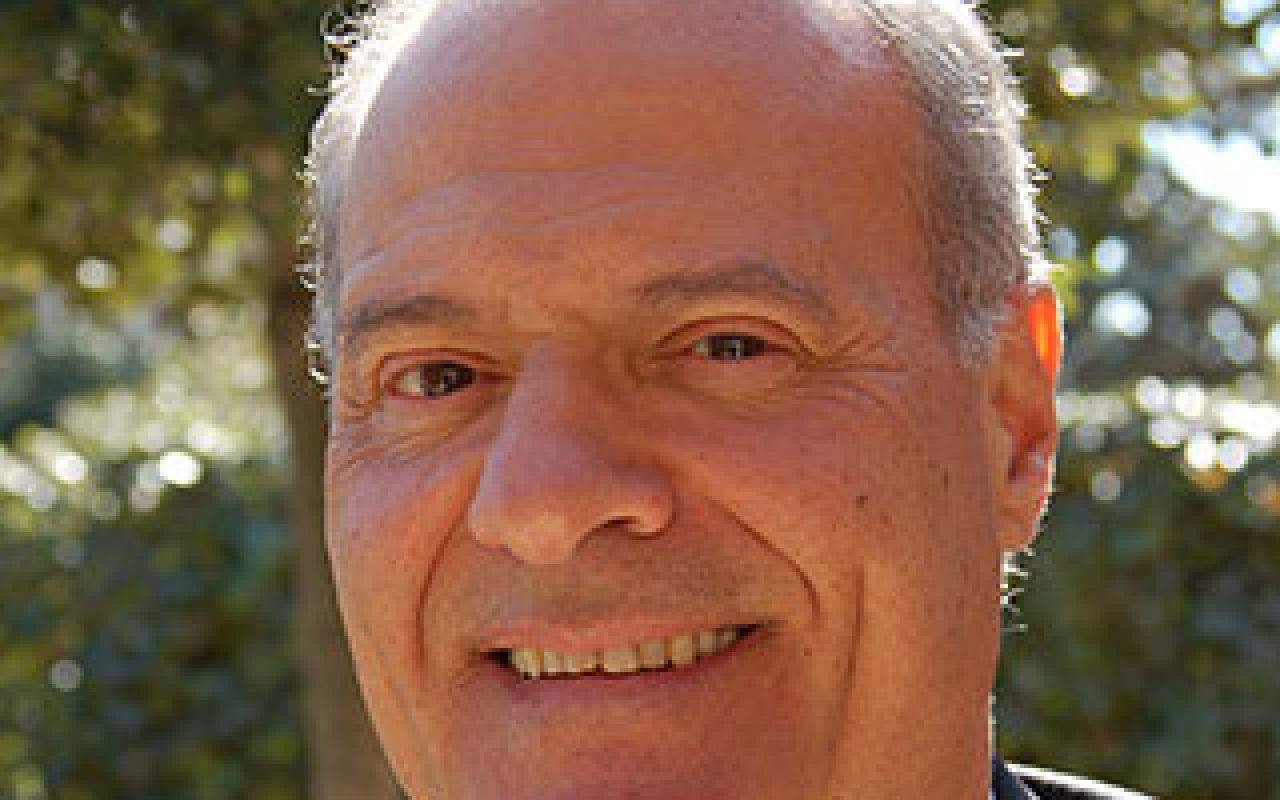
José Manuel Sánchez Vizcaíno: “A mixed surveillance system is perfect for the Chilean pork industry”
In an interview with ChileCarne, Dr. José Manuel Sánchez-Vizcaíno, head of the VACDIVA project in charge of developing a vaccine against African swine fever (ASF), and professor of Animal Health at the Veterinary School of the Universidad Complutense de Madrid, analyzed the current situation of ASF worldwide, providing valuable examples as well as prevention recommendations […]

In an interview with ChileCarne, Dr. José Manuel Sánchez-Vizcaíno, head of the VACDIVA project in charge of developing a vaccine against African swine fever (ASF), and professor of Animal Health at the Veterinary School of the Universidad Complutense de Madrid, analyzed the current situation of ASF worldwide, providing valuable examples as well as prevention recommendations while highlighting the relevance of having a mixed surveillance system in Chile that allows certain areas to be controlled, particularly when it comes to ASF outbreaks and spreading.
“Detecting an outbreak before it occurs as quickly and as cheaply as possible with traditional surveillance methods, should be our goal,” he said. “The ideal is a mix of syndromic and active surveillance for the productive area of the 21st century, where joint work between public and private veterinarians can be successful. This cannot be applied worldwide, but I do know it can be implemented in the essential Chilean pork production area. In backyard farms, where safety is low, there are no trained professionals, there is a lot of wheeling and dealing, a lot of food comes from garbage dumps, and also in border areas we need to enforce active surveillance with staff who know the locals. And mix the two.” That was his core message.
“The mixed system is active-passive in terms of surveillance. Active surveillance is based on the ability to anticipate when someone is hiding a problem. In other words, it is about detecting dangerous diseases and trying to intensify our visits and testing. Obviously, we are facing two different scenarios. The scenario of active surveillance is applied in low biosecurity systems, border systems, family farm systems, and garbage dumps. We cannot allow these people to call us when there is an issue, because they usually have mortality,” explained Sánchez Vizcaíno.
